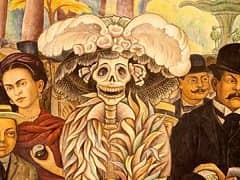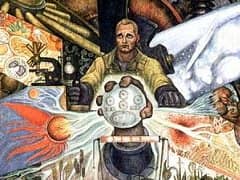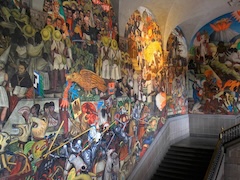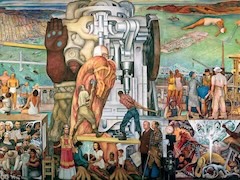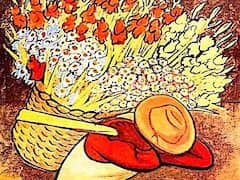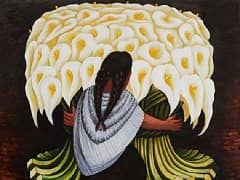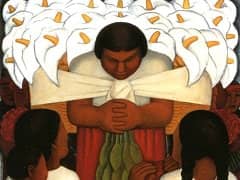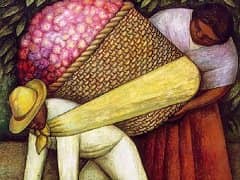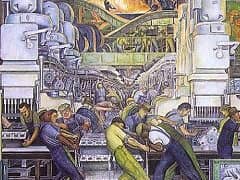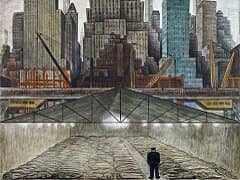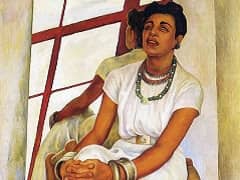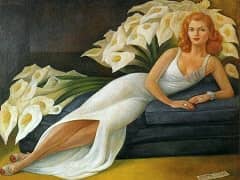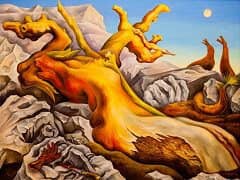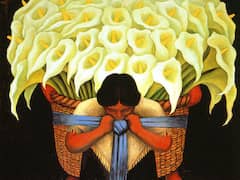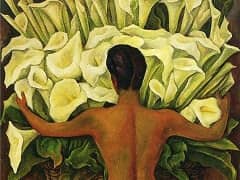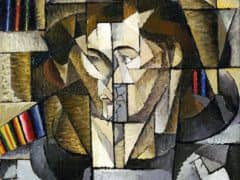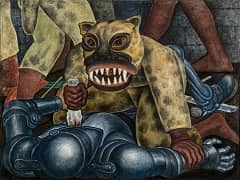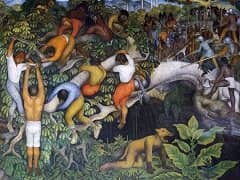Agrarian Leader Zapata by Diego Rivera
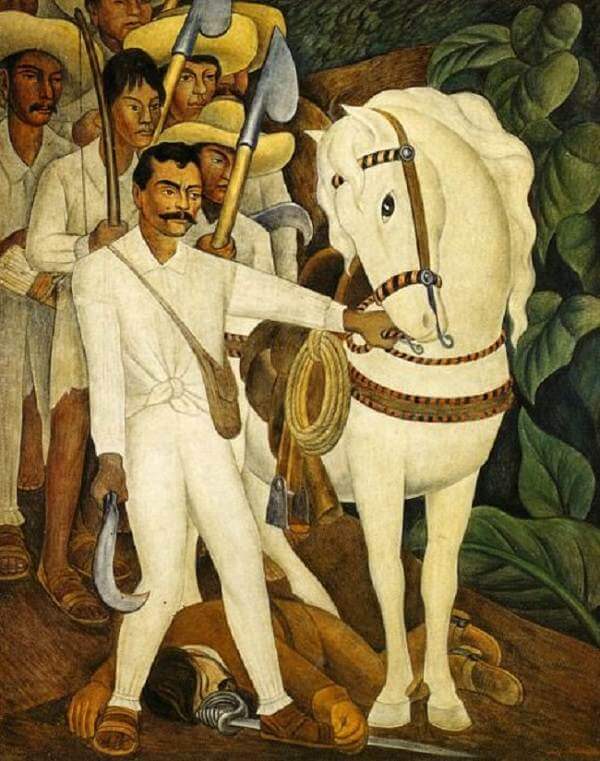
Emiliano Zapata, a champion of agrarian reform and a key protagonist in the Mexican Revolution, here leads a band of peasant rebels armed with provisional weapons, including
farming tools. With the bridle of a majestic white horse in his hand, Zapata stands triumphantly beside the dead body of a hacienda owner. Though Mexican and U.S. newspapers
regularly vilified the revolutionary leader as a treacherous bandit, Rivera immortalized Zapata as a hero and glorified the victory of the Revolution in an image of violence
but just vengeance.
Rivera's depiction also departs from portrayals of the rebel propagated by Zapata himself. An expert horseman, Zapata consistently presented himself as a charro, a cowboy whose
flamboyant dress-tight pants and a vest with silver ornamentation-signaled an elevated class status in Mexico. Rivera's vision of Zapata as a humble peasant offers a sympathetic
portrait of a folk hero tirelessly devoted to agrarian reform.

Agrarian Leader Zapata was painted the same year as Day of the Dead. It was done just after his two great murals for the National Institute of Cardiology and before the enormous mural Great City of Tenochtitlan.

